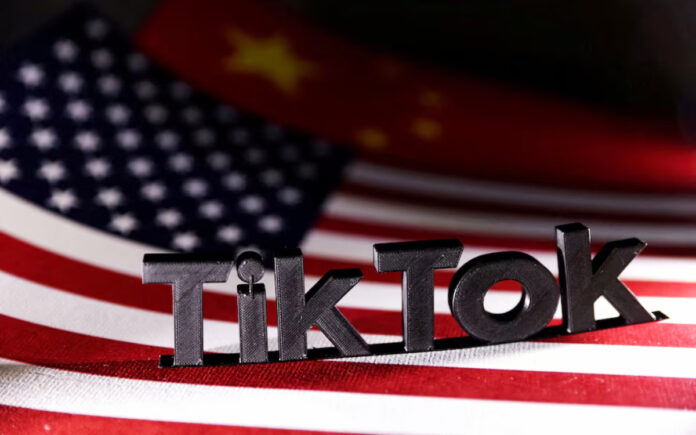New York: The U.S. Supreme Court ruled on Friday against TikTok’s attempt to avoid a ban, which could potentially shut down the app within two days. The decision raises uncertainty for millions of users and businesses relying on the platform for entertainment, e-commerce, and advertising.
This ban stems from 2024 legislation citing national security concerns. The law mandates TikTok’s parent company, ByteDance, to either sell the app or face a shutdown in the U.S. by January 19. President-elect Donald Trump, who assumes office on Monday, has expressed his intent to seek a “political resolution” to keep TikTok operational in the U.S. On Friday, Trump confirmed discussions with Chinese leader Xi Jinping, addressing various topics, including TikTok.
What Happens Next?
Impact on the App
If the ban takes effect, new users will no longer be able to download TikTok from app stores, and current users won’t receive updates. This is because the law prohibits entities from facilitating TikTok’s download or maintenance. Cloud service provider Oracle, which hosts TikTok’s U.S. user data, could face disruptions in its operations with TikTok.
TikTok has stated in an internal memo that it will continue paying its 7,000 U.S. employees despite the potential ban.
Impact on Users
The app’s approximately 170 million U.S. users may still access TikTok if it remains installed on their devices. However, without updates, the app could become obsolete over time. Experts suggest that users may resort to virtual private networks (VPNs) to bypass restrictions, though this would likely offer limited functionality.
Alternative platforms like Instagram, YouTube, and Chinese apps such as RedNote (Xiaohongshu) may gain traction as users seek replacements. Content creators are already redirecting followers to these alternatives to sustain their businesses.
Impact on Advertisers
The ban could disrupt advertising campaigns, with marketers scrambling to adjust strategies. One marketing executive described the situation as a “hair on fire” moment, as many believed a resolution would prevent a shutdown.
TikTok has been promoting new features, including a tool for bulk ad creation and modification, to attract advertisers. However, if the ban proceeds, over $11 billion in annual U.S. ad spending could shift to competitors like Meta and Snap.
Also Read | Trump’s Second Term: A New Era for Cryptocurrency
Craig Atkinson, CEO of Code3, stated, “Wall Street will be watching the results of Meta, Snap, and others to see who benefits from this rapid spend shift.” Meanwhile, some advertisers may continue spending on TikTok until clear signs of declining usage emerge.
U.S.-China Trade Relations
A TikTok ban could exacerbate existing trade tensions between the U.S. and China, which have been strained by restrictions on advanced U.S. semiconductor technology exports to Beijing. Sean Ennis, a professor at the University of East Anglia, noted, “Such a ban would be no surprise as it has been under discussion for five years.”
Also Read | Yoon Suk Yeol to Attend Court Hearing Amid Detention Extension Request
Analysts speculate that Trump may leverage the ban for strategic gains with China. Reversing the ban could provide bargaining power in trade negotiations.
Potential Buyers
TikTok has reiterated its position against selling the app. However, rumors persist about potential buyers. Billionaire Frank McCourt, a former owner of the Los Angeles Dodgers, leads a consortium valuing TikTok (without its algorithm) at $20 billion. Speculation about Elon Musk’s interest in acquiring TikTok’s U.S. operations has also surfaced, though TikTok dismissed such reports as “fiction”.



